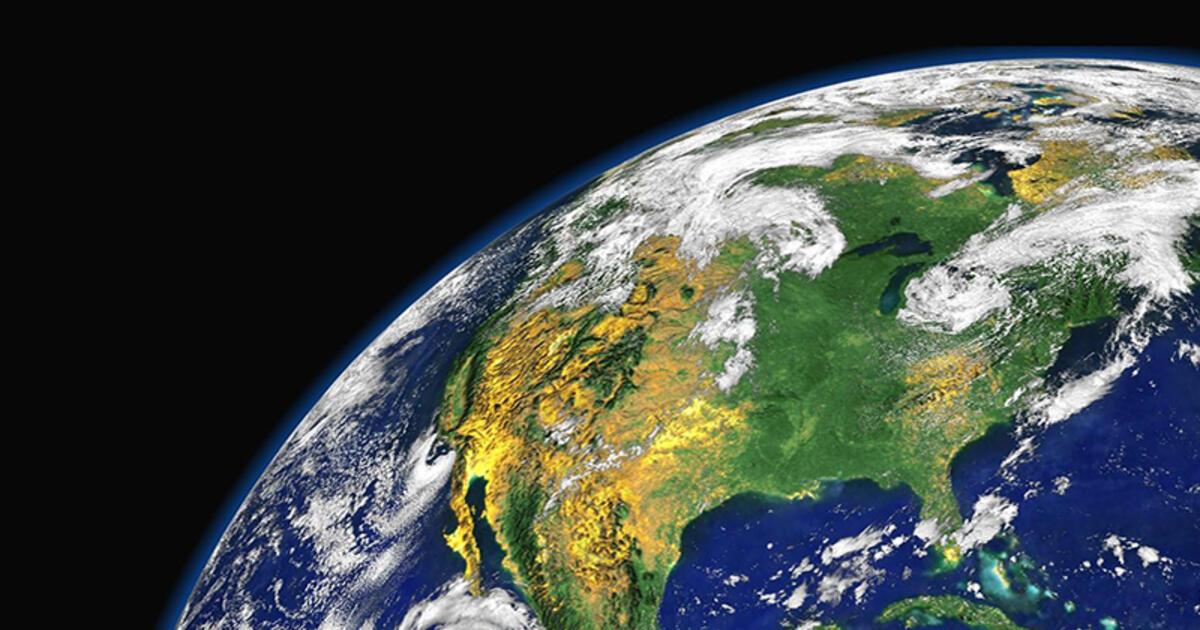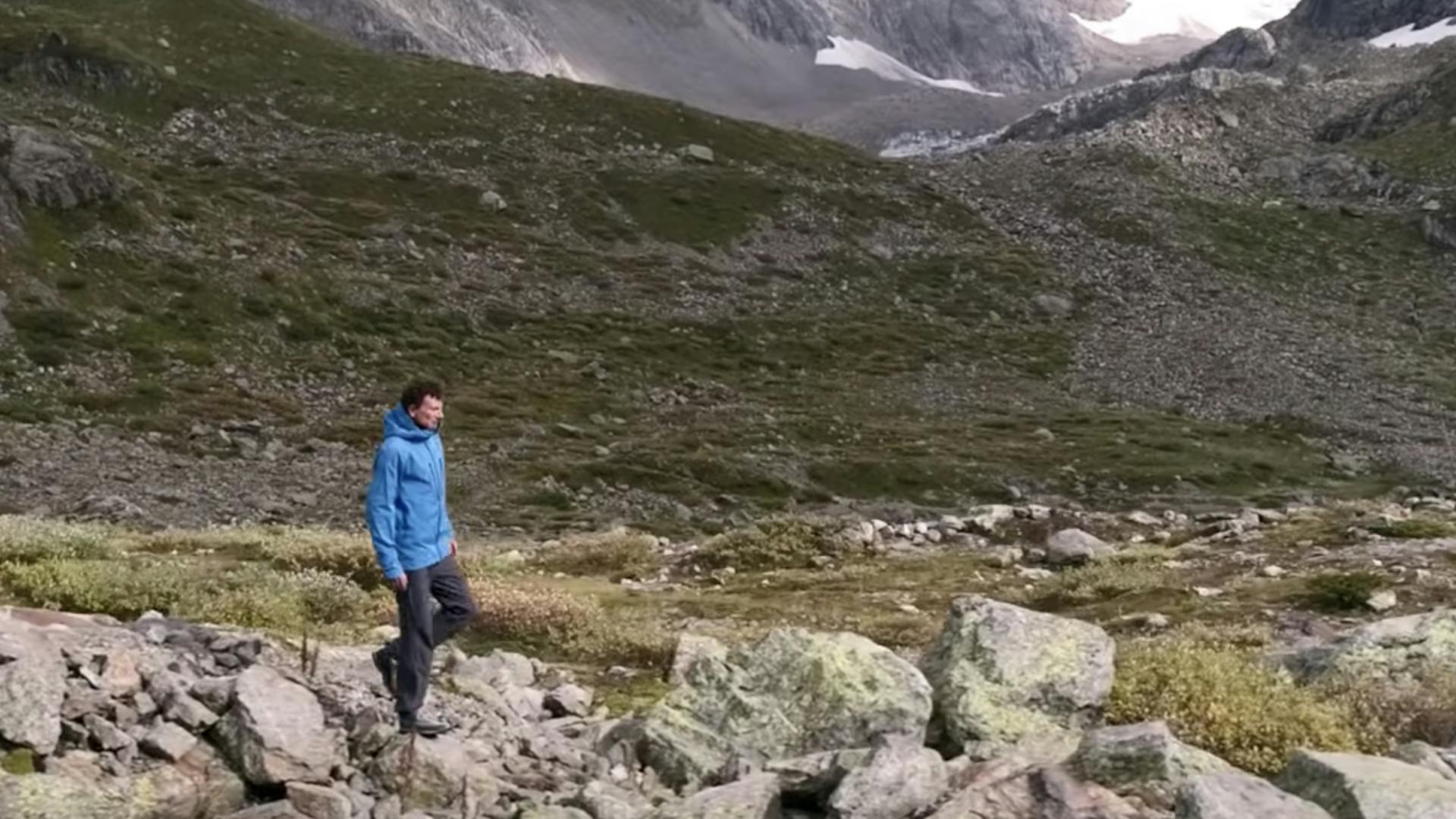During the interview, I was most surprised regarding the discussion of how certain we can be about predictions based on the scales on which these predictions are made. Dr. Osprey and Dr. Allen both noted that the natural variation you see on a yearly basis can influence smaller scale predictions but eventually become inconsequential when making larger scale predictions. This is especially important when looking at climate forecasts as it can be harder to make predictions about weather patterns in the next decade due to the extreme weather changes that can happen in just one year, with the related unpredictability of human choices and behavior in driving such changes adding another layer of complexity for making short-term predictions on climate. However, that does not take away from the fact that we can use past understandings of how climate has changed to inform what will happen generations from now. Therefore, I think it’s interesting how the scale of a prediction can influence our accuracy regarding such predictions. Similarly, it was noted that the large uncertainty and unpredictability regarding fossil fuel prices in the context of geopolitical conflicts has made these options much more costly for companies relying on them, compared to the definitive costs and long-term benefits that would be seen if companies worked to remove their CO2 emissions from the atmosphere. This led to further discussions about the role government intervention in either providing subsidies or regulatory policies to incentivize or deter certain practices by companies, and larger discussions about the role of communities and international organizations in facilitating such cooperation across companies around the world to help address such issues.
One question I had based off this discussion was based off of the potential actions that can be taken to reduce carbon emissions from companies. I know that the interviewees were advocating for regulations on fossil fuel companies to reduce their dependencies on such resources and either switch to forms of more sustainable fuel or at least pay for the work necessary to remove their own CO2 emissions (which the scientists argued would be even cheaper than relying on such fuel in the first place), but I was wondering how such processes of removing existing CO2 emissions works in the first place and if this is a solution that can be implemented for every company that relies on fossil fuels to begin with. I found that there are certain companies that are working on carbon removal services such as Climeworks's "direct air capture" work (linked below), but I was wondering if it would be necessary for companies to rely on other organizations like these to remove their existing CO2 emissions from the atmosphere or if Drs. Osprey and Allen would advocate instead for these companies to have their own R&D dedicated to working on such technologies themselves. This would bring up questions about responsibility and allocation of resources between organizations, so it would be interesting to know what the scientists think about these current initiatives and how they should be implemented.
Some relevant links on information brought up during the discussion are included here:



Loved your post Mally as I listened to the same interview and really enjoyed it. I was also very intrigued by the question that you posed regarding the limitation of carbon emissions on companies. It seems like somewhat of a moving target as regulations and public sentiment are constantly evolving as time goes on. I'm interested also in whether or not companies themselves should have better systems in place to offset their own CO2 emissions or if companies like "Climeworks" doing that work for them is taking some of the responsibility off of these big companies. Great questions and a thought-provoking post!
Wow, this is a really well supported and thought-provoking reflection Mally! The question of whether try to reduce carbon emissions using a 3rd party surveilling organization or having energy companies internally self-monitor is definitely prescient, and I wonder which perspective Drs Allen and Osprey's desire for a pooled carbon-capture/credit research organization would support? As to your question of how carbon capturing actually works, I was wondering that too! My family tends to "carbon offset" our flights, but that really just means giving money to energy companies to use on whatever "green initiatives" they want. I also wonder how accurately companies would self-monitor, and if some form of checks and balances is needed no matter what.